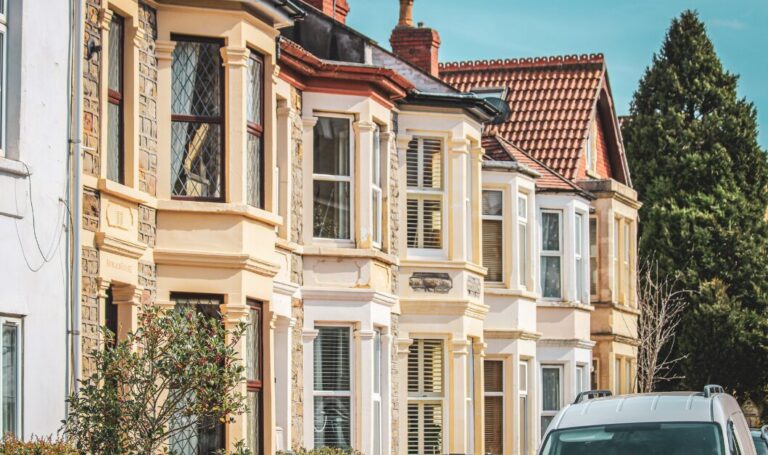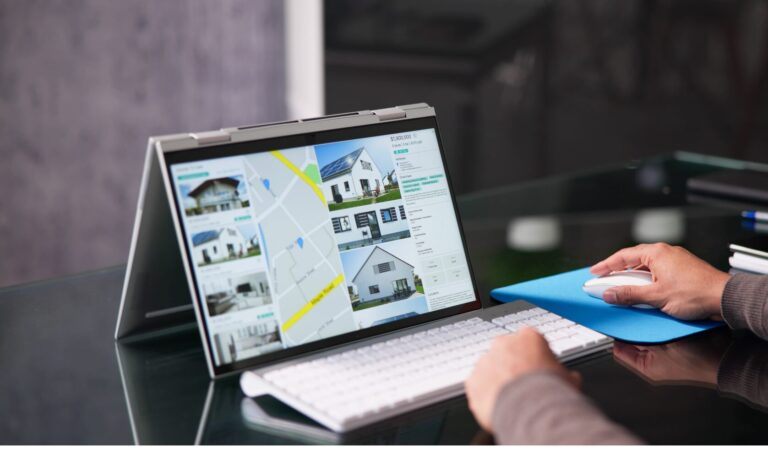With house prices out of reach for many and saving a deposit squeezed by the rising cost of living, many buyers turn to the bank of mum and dad for help.
In this guide, we explain more about the different ways you can help your children buy a property and outline everything you’ll need to consider.
Can my parents buy me a house?
More and more first-time buyers in the UK are turning to parents to help them get on the property ladder.
It’s important that parents seek independent financial advice before helping a child buy a property, so they can fully understand the implications of doing so and make sure they’re not left worse off in the long-term.
Ways your parents can help you purchase your first home include:
1. A gifted deposit
Gifted money for a house deposit is the most common way parents can help their children purchase a property.
There are a host of things parents and children need to consider before gifting a deposit, from possible tax implications to lender rules on gifted deposits.
Do you get taxed on a gifted deposit?
The amount of money you can give away to children without tax implications is £3,000 per year.
This annual allowance applies to each parent and is exempt from inheritance tax.
Any unused allowance can also be carried over into the next financial year, meaning the potential tax-free amount two parents could gift a child in one year is £12,000.
If a parent gifts more than their annual allowance, the child receiving the gift could be liable for inheritance tax should the parent pass away within seven years of gifting the money.
The UK inheritance tax threshold is £325,000, so the parent’s total estate is worth more than that, inheritance tax would be due on the amount above the threshold, including the gift.
The amount of inheritance tax due on a property deposit gift decreases from the time it’s gifted to the seven-year timeframe expiring:
|
Time between gift and death
|
Inheritance tax %
|
|
Less than three years
|
40%
|
|
Three years
|
32%
|
|
Four years
|
24%
|
|
Five years
|
16%
|
|
Six years
|
8%
|
|
Seven years
|
0%
|
What proof is needed for a gifted deposit?
Not all lenders allow gifted deposits and those that do often have certain rules around them.
All gifted deposits need to be declared to mortgage lenders and solicitors and the lender will need proof that the money being gifted isn’t a loan.
The best way to do this is in writing through a gifted deposit declaration letter and this should include:
- The names of all buyers who are receiving the gift
- The name of the person or people gifting the money and their relationship to the buyer(s)
- The amount of money being gifted
- A declaration confirming the money is a gift and not a loan that will need to be repaid
- A declaration that those gifting the money will have no equity in the property
- Proof that those gifting are not insolvent
Other proof lenders and solicitors require includes:
- Proof of identity for those gifting the money
- Proof that the money being gifted exists, through bank statements
2. A deposit loan
It’s possible for parents to loan their children money to buy a property, but there are some key factors both the buyer and the parents need to be aware of.
A deposit loan agreement
Before loaning money for a child’s deposit, both parties should have a loan agreement drawn up by a solicitor.
This should include:
- How much money is being loaned
- Details on any interest payable
- Details on when the loan needs to be repaid
- What happens to the loan should any of those involved pass away
Mortgage lenders and deposit loans
Any money loaned for a child’s deposit would need to be declared to their mortgage lender.
The lender will factor the loan and any repayments into their mortgage calculations, which could affect the amount the buyer is able to borrow.
Other lenders may not allow a loaned deposit at all, limiting the number of mortgage options available.
If you’re considering a deposit loan, speak to an independent financial advisor and mortgage broker to fully assess your options.
3. A guarantor mortgage
A guarantor mortgage sees a parent provide savings or their own home as security against their child’s mortgage.
They also usually commit to making the child’s mortgage payments should they be unable to do so themselves.
A guarantor mortgage could mean the parent’s child is able to take out a bigger mortgage to buy the property they need or save a smaller deposit.
Guarantor mortgages can be a good option for:
- Low earners
- Those with small deposits
- Those with poor or no credit history
A suitable guarantor could be a parent who:
- Has substantial savings or equity in their own home
- A solid credit history
Lenders may also stipulate that a guarantor seeks independent financial advice so they’re aware of the risks that come with being a mortgage guarantor.
Guarantor mortgages that use savings as security
Also known as springboard or family mortgages, the guarantor agrees to use their savings as security against their child’s mortgage.
This means they put their savings, often 10%-20% of the value of the property being purchased, into a specific account which is linked to their child’s mortgage.
That money is held in the account for a certain time, usually until the child’s outstanding mortgage balance or loan to value falls below a particular figure.
Should the child miss any mortgage payments, the lender can keep the guarantor’s savings for longer or claim the cash should they have to repossess the property.
Guarantor mortgages that use property as security
Some guarantor mortgages use the guarantor’s own property as security against their child’s mortgage.
This involves the lender placing a charge on the guarantor’s home until the child’s outstanding mortgage balance reaches a certain amount.
The risks with this kind of guarantor mortgage are should the child default on their mortgage payments and their property is repossessed, the parent could also lose their home, too.
4. A joint mortgage
A joint mortgage with parents is another option for first-time buyers looking to purchase their first home.
A joint mortgage could increase the child’s borrowing potential with a lender, meaning they may be able to take on a larger mortgage to buy a more suitable property.
However, there are key things both the child and parent will need to consider before committing to a joint mortgage:
Additional stamp duty
If the parent already owns a property themselves, the child’s property would be classed as a second home – meaning it would be subject to the additional 3% rate of stamp duty.
This could see the property go from being stamp duty-free to being substantially more expensive.
For example, if the child was buying a property for £200,000 on their own, they would pay no stamp duty due to the £300,000 first-time buyer threshold.
The same property purchased on a joint mortgage with a parent who owns another home would command £7,500 in stamp duty.
Capital gains tax
A parent buying a property with their child on a joint basis could have to pay capital gains tax when the property is sold, as it will be classed as their second home.
Mortgage lender age caps and retirement
Most mortgage lenders only lend to buyers up to a certain age.
So, if the parent exceeds that age during the mortgage term, the term they offer may be reduced – increasingly the monthly repayments.
For example, if a 45-year-old parent is buying with their child on a joint mortgage and the lender’s age cap is 65, the maximum term they may be prepared to offer is 20 years.
If the parent is likely to retire during the term of the mortgage, this could also affect a joint mortgage application with a child.
5. A Joint Borrower Sole Proprietor mortgage (JBSP)
Joint Borrower Sole Proprietor mortgages (JBSP) work in the same way as joint mortgages between a parent and child.
However, the major difference is while the parent accepts joint responsibility for paying down the mortgage, they have no legal claim to the property and aren’t named on the title deeds.
This means the additional stamp duty surcharge doesn’t apply, while the parent wouldn’t face a potential capital gains tax bill when selling the property as they would under a standard joint mortgage.
6. Can I gift a house to my child?
It’s possible to buy a property and gift it to a child, but there are several tax-related considerations, including:
- Possible capital gains tax if the property goes up in value between purchase and gift
- Potential inheritance tax if the person gifting passes away within seven years
- Possible stamp duty for both the parent and the child
Before considering gifting a property to a child, speak to an independent tax advisor who will be able to outline the possible tax implications in detail.
Further reading…
Still have questions? Contact your local Ellis & Co branch today:
Click Here







